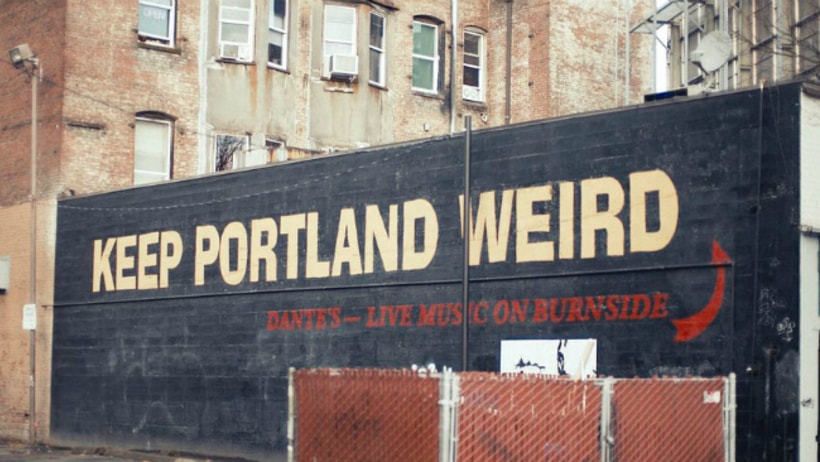
However, Portland is not the first place to hold its residents to a higher standard in regard to waste and sustainability. The Torah, and particularly this week’s parshah, Nitzavim, has concern for how we treat our land, how we reduce waste, and what the results of our actions will be on future generations. This week we read about the continued warnings to always follow God and observe the commandments, as well as the idea that we have a choice between good and bad and life and death. We’re instructed that the power to lead righteous lives is within our control.
Specifically, chapter 29 goes into detail about the downfall of our land should one generation choose not to do its part to take care of it. The text teaches that if mitzvot are not followed then certainly the land will be barren and crops will not grow. Later generations will ask the children who succeed you, “How did those who lived before us permit themselves to despoil the earth, air, and water, not leaving us a livable environment?”
How interesting that a document that defines our past and present also asks us to anticipate the future. The Torah compels us to remember that what we do has an impact on future generations, and that our damage cannot always be undone. Yes, the idea of sorting every scrap of garbage makes Portland sound weird (and even makes for great television parody), but living in a world where we know the origins of our food and do our best to create a sustainable living environment also means that we continue to nourish and provide for our future generations. Not to mention you can put a bird on it.
-Rabbi Eve Posen
photo credit: Portlandia! via photopin (license)



